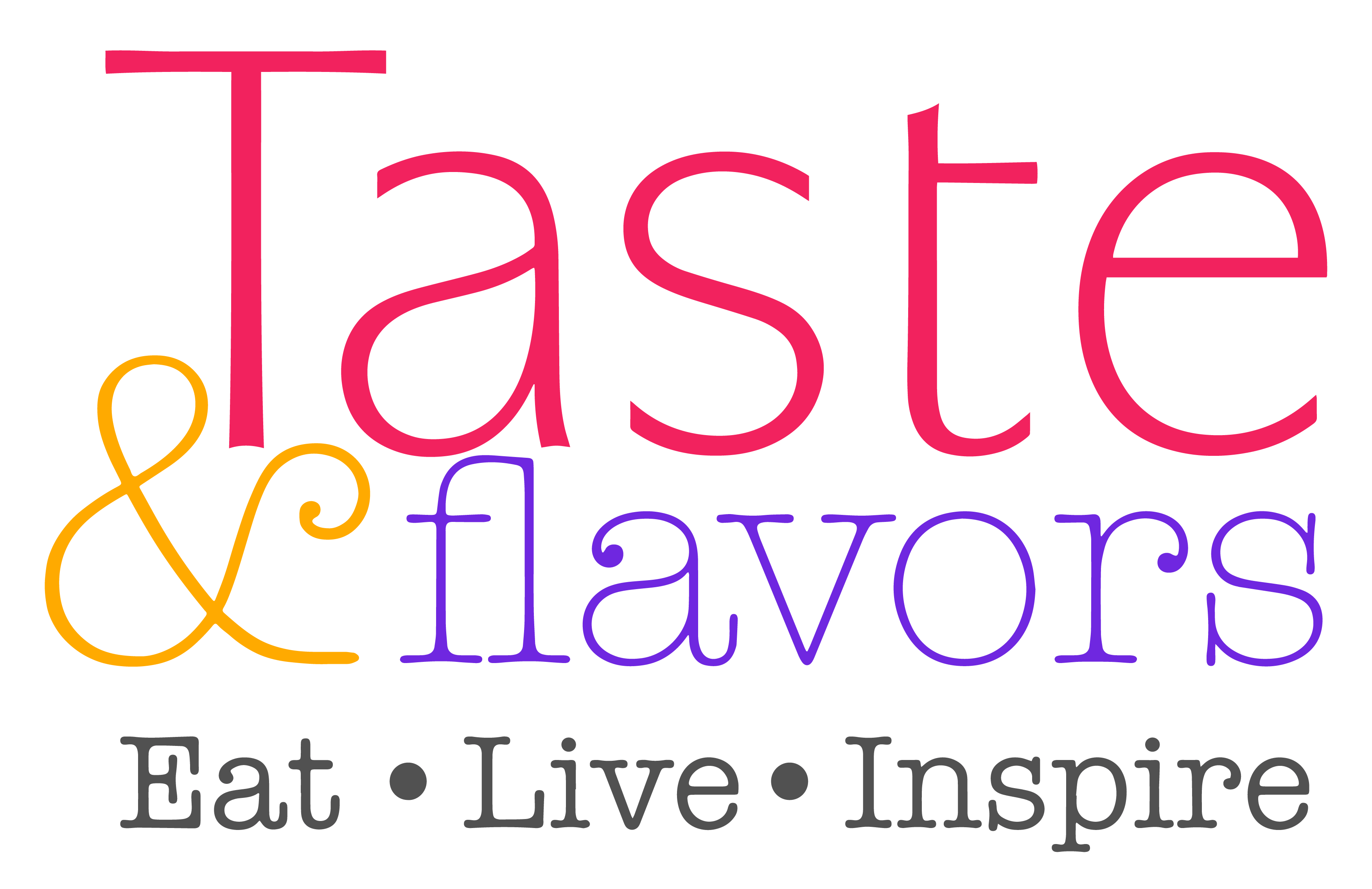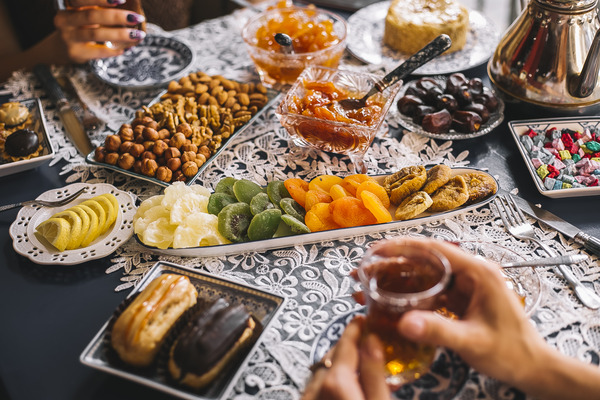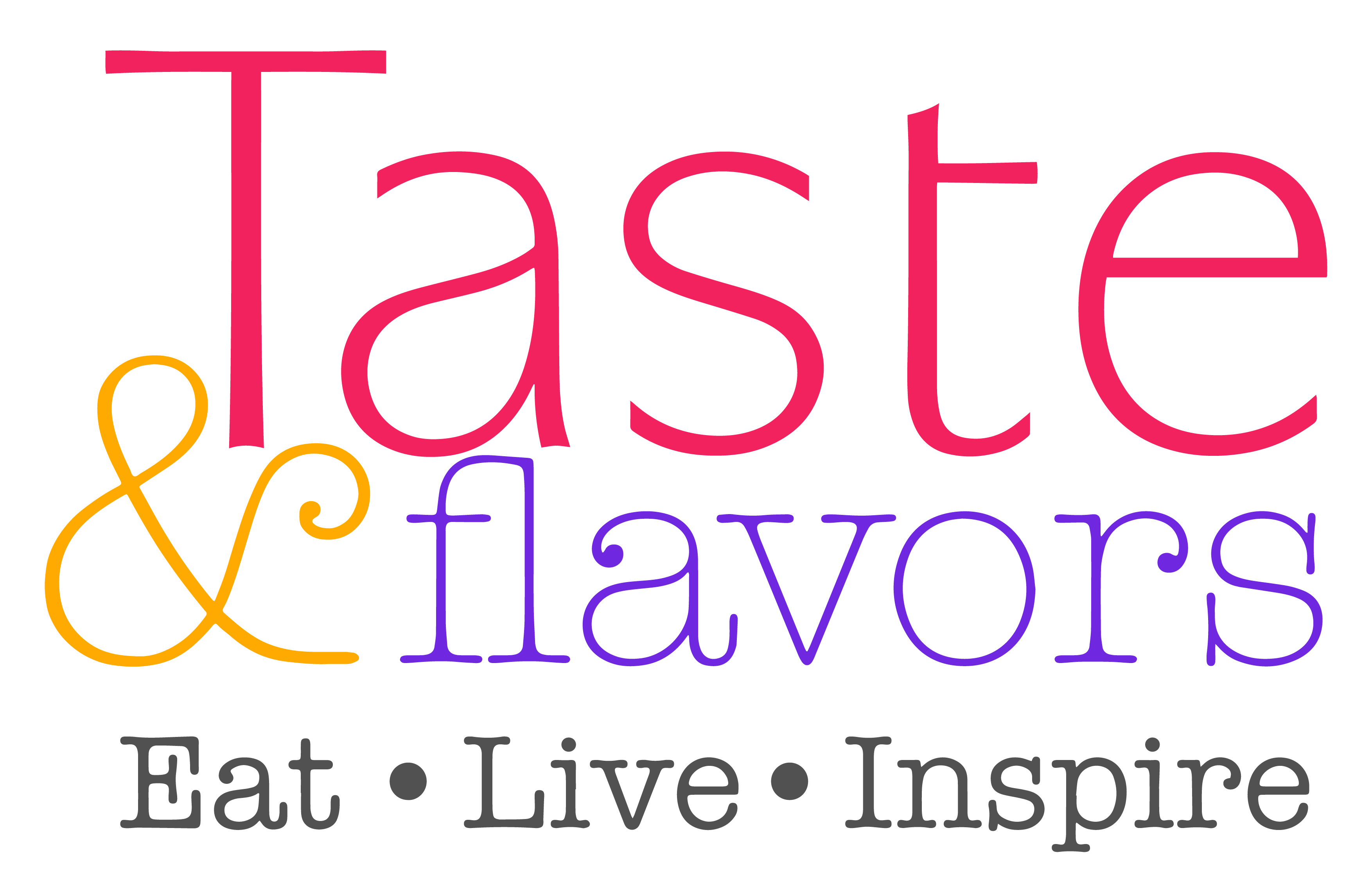RAMADAN TIPS
Here are a few recommendations that you can follow during this holy month, by dietitian Nicole Maftoum
1. REDUCE THE INTAKE OF CAFFEINE AND TOBACCO
Headaches during the month of Ramadan may be due to several changes such as the sudden withdrawal from caffeine and tobacco.
The ideal scenario would be to reduce caffeine intake and smoking before and during Ramadan especially that drinking tea or coffee while eating blocks the absorption of iron.
However, we should not also forget that coffee is a diuretic and can increase the amount of urine by 30% up to 3 hours after its consumption. Which could increase the dehydration of the body.
Also note that caffeine is also found in tea, soft drinks, chocolate, certain drugs especially (analgesics, diuretics, drugs against colds, etc.). A substitute to coffee is chicory coffee that is naturally caffeine free!
2. STAY WELL HYDRATED
The brain is made of 85% water. When water levels fall, the brain begins to produce certain substances that help to protect these levels. And, the production of these substances causes fatigue and headaches. Therefore, you must stay well hydrated and drink an average of 8 to 10 glasses of water and focus on fruits and vegetables as they contain water and help to maintain a good level of hydration.
3. AVOID SALT
Avoid foods high in salt as they promote dehydration.
Following the example of sausages, soy sauce, teriyaki sauce, pickles, smoked fish and meats, junk food (nachos and cheese, mozzarella sticks, etc..), Soups, canned foods, broths, etc..
4. OPT FOR COMPLEX CARBOHYDRATES
Because of the long hours of fasting, the consumption of foods such as barley, wheat, oats, millet, semolina, beans, whole wheat flour rather than simple carbohydrates foods is recommended. The digestion of these is slow and lasts longer while the simple sugars lasts shorter.
5. AVOID FRIED FOODS
Fries are not only high in calories but contain zero nutrients and are harmful to your health. In addition their digestion requires more time.
RECOMMENDATIONS FOR A HEALTHY IFTAR MENU
- Drinking water
- Avoid consumption of Ramadan beverages such as Jellab, amaredine which are rich in sugar and high in calories.
- Choose soups made from grains (lentils, beans, etc.) that are an excellent source of fiber and that will make you feel full for a longer period of time rather than drinking soup that is rich in creams and salt.
- Always ask about the ingredients of the soup as it can still easily contain butter, large amount of fat, cream, etc..
- Start with a salad as it has a high water content and fiber and will provide half a feeling of satiety.
- Apply this distribution to your plate: 50% Vegetables / Salads, 25% protein, 25% carbohydrates (Pasta/ rice / potato / bread).
- Choose slow-digesting carbs: brown rice, whole wheat pasta, quinoa, kamut, etc..
- Eat grilled, low in calories and nutritious vegetables such as zucchini, eggplant, tomatoes, ognions, peppers, etc.. instead of eating pastries (rkakat, ftayer, kebbe, samboussek, etc.)
- Consume fruits (up to 3 portions per day)
Eat desserts two to three hours after your Iftar as a snack:
- Mhallabieh made with skimmed milk
- Katayef (not fried)
- Nammoura (fat free)
- 23 pieces of Almonds
- 14 pieces of Walnuts
- 18 pieces of cashew nuts
- 28 pieces of peanuts
- 30g of dark chocolate
The ideal time to exercise is two hours after the Iftar.
The shour is the most important meal during the period of fasting. It provides energy during the day, provides essential nutrients and soothes and reduces hunger and headaches and provides a good sleep.
It must be healthy and include whole grains that are rich in proteins, fibers, B vitamins, antioxidants, minerals (iron, zinc, magnesium). Daily consumption of whole grains reduce the risk of developing: Cardiovascular diseases, some forms of cancer and diabetes.And facilitates the digestion especially during the fasting period where the risks of constipation increase as the biological clock of each individual changes with the new scheduled food consumption.
Studies have found that taking milk or yogurt also helps to reduce caloric intake at the next meal by 9% thanks to milk’s proteins that provide a feeling of fullness for a longer period of time when compared to other drinks!
EXAMPLES OF SHUR
- Whole grain Cereals + milk
- Quinoa salad + 1 bowl of non-fat yogurt
- Chickpeas/lentils/beans/ salad + 1 bowl of nonfat yogurt
- Oatmeal + 1 glass of skimmed milk
Remember to remain positive, always share food and never eat alone!
Ramadan Mubarak!
Dietitian Nicole Maftoum
eatlikenicole.com
![]() EatLikeNicole
EatLikeNicole
![]() EatLikeNicole
EatLikeNicole
![]() Eat Like Nicole
Eat Like Nicole






